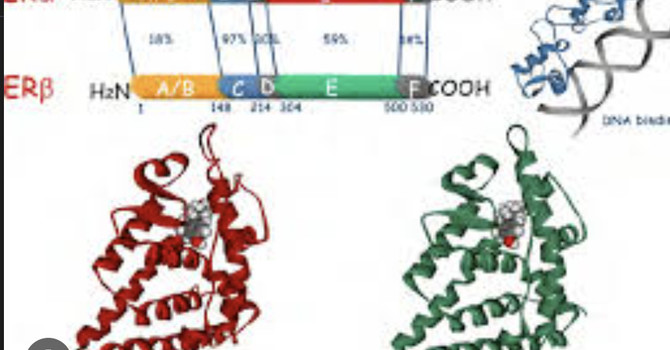
As a menopause specialist, the debate between compounded hormone replacement therapy (HRT) and FDA-approved HRT is a familiar one. Both options offer benefits, but it's crucial to understand why compounded HRT might be the right choice for some women. This post explores the unique benefits, customization capabilities, and considerations of compounded HRT, supported by recent studies and expert opinions.
Personalization and Customization
One of the standout advantages of compounded HRT is its ability to be tailored to the specific needs of an individual. Women whose hormone levels do not align with the standard dosages of FDA-approved HRT can benefit immensely from customized dosages. This personalized approach can be crucial for those who have tried standard options without relief or who need a specific combination of hormones not available commercially.
Unique Combinations and Avoidance of Allergens
Compounded HRT allows for the formulation of unique hormone combinations tailored to individual symptoms and health conditions. Additionally, it can be formulated without common allergens, fillers, dyes, or preservatives found in FDA-approved products, reducing the risk of allergic reactions and enhancing tolerability.
Flexible Delivery Methods
Compounded HRT can be prepared in various forms, such as oils, creams, gels, troches, and pellets. These alternative routes of administration are beneficial for those who may have difficulty with oral medications or prefer a different method of delivery.
Access to Non-Approved Hormones
Some compounded HRT formulations include non-FDA-approved hormones like estriol, DHEA, or testosterone. These hormones can offer therapeutic benefits not achieved with standard HRT, providing an avenue for symptom management that might otherwise remain unaddressed.
Enhanced Efficacy and Tolerability
The ability to adjust compounded HRT formulations based on ongoing patient feedback and hormone level testing can lead to improved symptom management and patient satisfaction. This individualized approach ensures that treatment is optimized over time, adapting to changes in hormone levels and symptoms.
Considerations, Regulation, and Safety
Contrary to the misconception that compounding pharmacies are unsafe or unregulated, they operate under strict oversight by state boards of pharmacy and are regulated by the FDA under section 503A of the FDCA. Compounded medications are prepared in controlled environments by licensed professionals1234.
While the compounded medications themselves are not FDA approved, they are made only with FDA-approved active pharmaceutical ingredients (APIs) procured from FDA-registered suppliers. All the APIs have a USP-NF monograph, ensuring standards for identity, quality, purity, strength, packaging, and labeling2. Compounded medications prepared in a professional and compliant compounding pharmacy are as safe as the FDA-approved APIs they contain. Extra regulations and safety measures are taken, especially for sterile medications24.
Conclusion
Choosing between compounded and FDA-approved HRT should be a decision made based on individual health needs, preferences, and thorough discussions with healthcare providers. Understanding both the benefits and the meticulous safety measures in place for compounded HRT is essential for making an informed choice. For women exploring their options, considering the unique benefits of compounded HRT could be a transformative step toward achieving better health and well-being during menopause.
Why I Prefer Compounded HRT
Many of the active ingredients in medications available in the U.S. are produced abroad under regulations that may not be as strict as those domestically. These medications often include "inactive ingredients" or excipients, which serve to stabilize the drug and aid absorption. Despite their name, these components can make up more than half of a medication's total composition and are not necessarily inert; they can accumulate in the body over time and may cause allergic reactions. Common allergens found in these medications include peanut oil, gluten, or FODMAP sugars, which can exacerbate digestive issues for those with sensitivities.
In my practice, we specifically use compounded HRT mixed with organic jojoba oil, adding no other ingredients. Considering these factors, this offers a tailored hormone replacement therapy alternative that steers clear of unwanted additives, dyes, and chemicals. This method ensures a pure, customizable treatment, finely tuned to each woman's unique hormonal requirements. Opting for compounded HRT not only aligns more closely with individual health goals but also reduces exposure to potentially harmful substances.
When considering compounded HRT or commercially availible HRT , it’s important to verify the bases and ingredients used to ensure they meet your health standards. The choice to use compounded HRT should be informed by individual health needs and guided by expert medical advice.
Dr. Anat Sapan MD, specializing in peri/menopause care, advocates for a personalized approach combining Bioidentical Hormone Replacement Therapy with lifestyle strategies. Her telemedicine services in California, Florida and Illinois aim to help women overcome menopausal symptoms and enhance their quality of life.

Anat Sapan, MD
Contact Me



